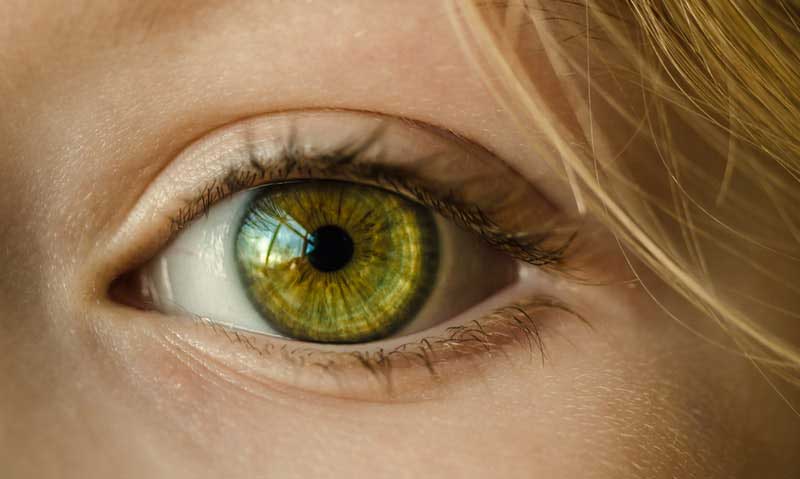3 Reasons You Should Take Out Your Contacts

Contact Lens 101
It’s been a long day. You find yourself in bed, ready to doze off, and then it hits you—your contacts are still in. Although the urge to stay cozy in bed feels stronger than getting yourself back up, the risk you’re taking is more serious than you may know. Here are 3 of many conditions you may develop if you forget to take out your contacts.
Giant Papillary Conjunctivitis
Imagine waking up, taking out your lenses, and having some or all of the following: itching, mucous discharge, and bumps under your upper eyelids. This is called giant papillary conjunctivitis (GPC), which, in addition to being gross and irritating, it can cause your contact lenses to fit poorly since the bumps push and pull on the contact lens in all different directions.
Corneal Neovascularization
Corneal neovascularization occurs when a lack of oxygen to the eye causes excessive blood vessel growth that could damage your vision and overall eye health. If you end up with corneal neovascularization, your doctor may no longer fit you in soft contact lenses. Depending on the level of new blood vessel growth, your doctor may consider gas permeable lenses instead of the soft lenses you’ve grown accustomed to. Although gas permeable lenses have advantages, such as better flow of oxygen to the eyes, they are hard contact lenses and take time to get used to. In the end, full-time wear of glasses could be the ultimate decision.
Contact Lens Acute Red Eye (CLARE)
Sleeping with your contacts could also cause contact lens acute red eye (CLARE). CLARE symptoms include eye pain, redness, and light sensitivity. A serious complication that can arise from CLARE are corneal ulcers. A corneal ulcer is an open sore in your eye caused by an infection. Corneal ulcer symptoms include visual blur, eye redness, extreme eye discomfort or pain, and excessive tearing. A corneal ulcer can lead to permanent blindness or the need for a corneal transplant if occurred in the central cornea.
At PersonalEyes, we implore you to create and maintain good contact lens habits. Most all of the conditions above are caused in higher numbers when wearing monthly or bi-weekly contact lenses. We know the allure of getting too cozy before taking them out, but pushing yourself to regularly remove your contacts could save you from the misery of serious complications. If, however, you’re struggling with contact-related eye issues, we’d be happy to discuss your recovery options. Make an appointment with us today and ask us about daily contact lenses!
Tags: Contact Lenses, Cornea, Eye, Eye Doctor, Infection, Optometrist, Sleeping
